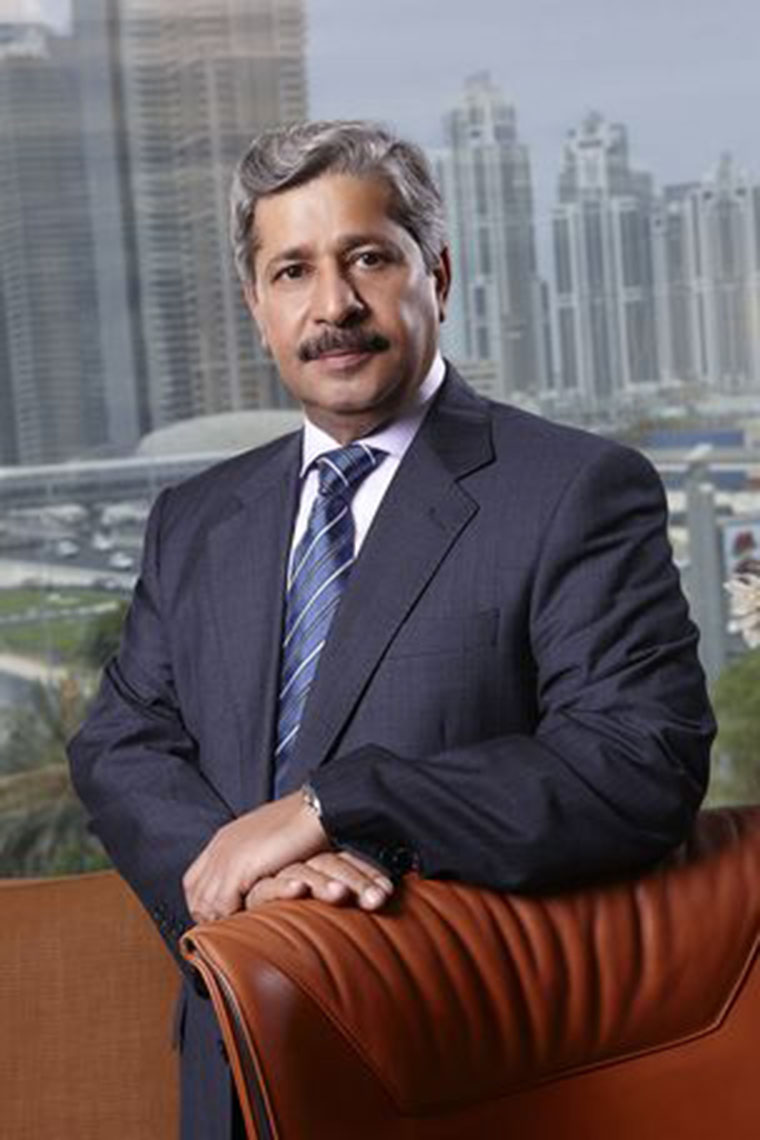Published: July 11, 2011
Multilateral development bank Apicorp – the Arab Petroleum Investments Corporation – is following a record performance in 2010 with a new emphasis on diversification in its projects and fund raisings.
The bank, established to make debt and equity investments in oil and gas projects by the member states of the Organization of Arab Petroleum Exporting Countries (OAPEC), announced profits of US$95mn for 2010, the highest in its 36-year history.
Its total assets and shareholder equity also reached record highs. Profits for the first three months of 2011 stood at US$39.3mn, suggesting another strong year ahead after some groundbreaking fund raisings.
Apicorp’s strong financial standing is good news for energy projects across the Middle East and North Africa (MENA). As a funding gap becomes apparent for regional project financings, the bank could be required to play an increasingly important role in deal making.
Watch, learn and move
In October, Apicorp issued its first bond after receiving a rating of A1 from agency Moody’s. For chief executive Ahmad Bin Hamad Al-Nuaimi, the decision to raise funds in the debt markets was taken with the same attention to detail as any of the bank’s investment decisions.
“We study our options – whether to issue bonds or opt for term loans or a sukuk, in dollars or other currencies,” he tells EMEA Finance during a visit to London.
“Our choice was to issue Saudi riyal bonds. The capital markets in Saudi Arabia were very receptive to Apicorp – they know us well. At the same time, the market is very liquid. From our assessment we believed that was going to be the best choice for Apicorp to start issuing bonds.”
It was a good assessment. The SAR2bn (US$533mn) bond was three times oversubscribed and is now trading at a premium in the secondary market. That, Al-Nuaimi says, gives the bank an opportunity to approach the market again with a cheaper offering.
“For the next step, we’ll do the same and study our options,” he adds. “Now we are in a position to understand the market more in terms of depth, size, sources and maturity.”
More recently, Apicorp secured a capital increase from its shareholders, raising its subscribed capital to US$1.5bn from US$550mn and authorised capital to US$2.4bn from US$1.2bn.
“The increase has supported our capital adequacy and, being a low-leveraged institution, we can participate in projects financings with larger tickets and also a higher percentage of investment in equity,” says Al-Nuaimi. “We’re also planning to underwrite some of the projects that we’re working on.”
Where do you see yourself in five years?
These fund raisings come as Apicorp begins a new five-year business strategy. Its goal is to expand its equity portfolio into midstream infrastructure projects such as shipping, petroleum tank farms, refining and related infrastructure.
“We looked into the operation and realised that we need to diversify our business, not to be concentrated in one sector,” Al-Nuaimi says.
The bank is even eyeing clean energy initiatives, and while it has yet to make any investments in this growing industry, Al-Nuaimi highlights the carbon-neutral city being developed in Saudi Arabia by Masdar and a solar project by the Moroccan Agency for Solar Energy as attractive opportunities.
There’s also an opportunity to make new investments outside of the region. “We can invest and finance outside of the Arab world where there is an Arab interest,” Al-Nuaimi says, pointing to a master cooperation agreement with the World Bank’s International Finance Corporation to make global oil and gas investments.
Political troubles in the MENA region could cast a shadow over regional projects. In a research note published in June, Apicorp’s senior consultant, Ali Aissaoui, said his recent analysis of energy project funding in the Middle East and North Africa “points to collapsing loan demand in countries impacted by the turmoil and lower supply and higher cost in those not yet seriously affected”.
If those trends take hold, Aissaoui wrote, energy projects could face “a significant financing gap, which is likely to be part of a broader contraction in the region’s loan market”.
“Such a gap could only be closed if the countercyclical credit policies adopted in the aftermath of the global financial crisis are extended,” he added. “But, in a time of many new pressing demands on public funds, such support may not be readily forthcoming.”
In Al-Nuaimi’s view, the looming funding gap is as much to do with a retrenchment of global banks in the region – and that not only calls for Apicorp’s assistance, but also opens opportunities for local lenders.
“The reason for the gap is the withdrawal of the international financial institutions,” he says. “[Instead] we see regional and local banks coming to the sector as a result of the resilience of those projects during the crisis compared to others such as real estate. The banks prefer to hold good quality assets in their portfolios, and I expect more involvement from them.”


